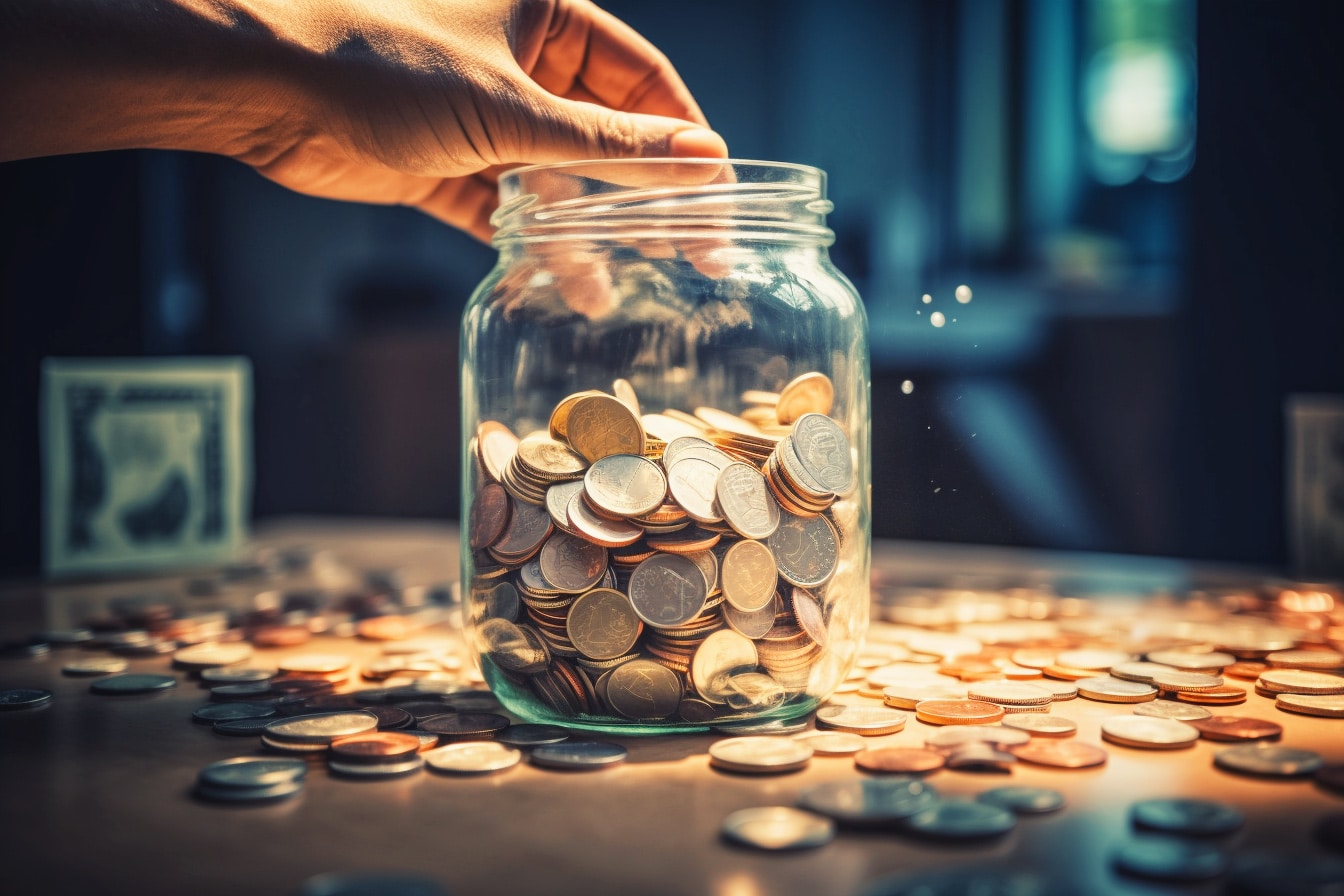Becoming more frugal and living within your means is critical in today’s economy of rising prices. Saving money through frugal living provides financial freedom, less stress, and the ability to reach goals like buying a house, retiring early, and more. This article will explore six vital frugal habits to develop in 2023 to save significantly each month.
1. Meal Plan and Meal Prep
Planning out your meals and groceries for the week and preparing some meals in advance saves time and reduces food waste. This ensures you eat out less and don’t make last-minute, expensive impulse purchases at the grocery store.
For example, you could plan to make a pot of chili on Sunday and eat it for lunches during the week. Saving the leftovers reduces the temptation to grab takeout for dinner when you feel too tired to cook. Meal planning and prep take effort upfront but pay off in the long run.
2. Buy Generic Brands
Opting for generic store brand items instead of name brands can make a big difference. There is little to no noticeable difference except for the lower price tag for many grocery items like canned vegetables or eggs. Buying generic makes it possible to get the things you need for significantly less.
Don’t limit this to just food, either. Generic over-the-counter medicines, batteries, cleaning supplies, and other household items offer significant savings too.
3. Use Cashback Apps and Browser Extensions
Cashback apps like Rakuten give you cash back for purchases made through their links to thousands of stores. Browser extensions like Honey search for and apply coupon codes automatically at checkout. Using these is an easy way to save on top of frugal habits.
Try searching for a store on Rakuten or using the Honey extension each time you shop online. The cashback adds up – some savvy savers earn hundreds of dollars annually!
4. Cut Back on Subscriptions
Audit your recurring subscriptions and determine which ones you can cancel to eliminate monthly unused expenses. Most of us likely have at least one or two we originally signed up excitedly for but now don’t use.
For example, review entertainment services, monthly boxes/deliveries, software, gym memberships, etc. Keep just the ones you get value from and ditch the rest. Those small unused subscriptions can mean significant savings each month.
5. Buy Secondhand Items When Possible
Shop thrift stores, garage sales, Craigslist, and Facebook Marketplace for everything from clothes and furniture to strollers and toys. Gently used items cost a fraction of buying them new.
As a bonus, buying secondhand keeps items out of landfills for eco-friendly reuse. Just be sure to factor in costs of repairs or maintenance that may be needed on more expensive used things like cars.
6. Make Things Yourself
Making gifts, baked goods, decorations, cleaning supplies, and more yourself is often cheaper than buying ready-made versions. Plus, it allows for customization.
For example, mix up homemade play dough or bath fizzies as gifts for a fraction of the store cost. Or whip up large muffins and freezer meals instead of buying pre-made versions. Get creative!
Frugal Living in Action
Sarah was overwhelmed by rising prices and expenses that seemed to keep increasing each month. She felt like she was living paycheck to paycheck without the ability to save or get ahead financially.
After researching frugal habits, Sarah decided to implement a few changes:
- She planned her family’s meals for the week and made double batches of dinners to freeze half. This cut their restaurant spending significantly.
- She switched from expensive name-brand items to more affordable generics. The change was simple, but she saved almost $40 monthly at the grocery store.
- Sarah downloaded the Honey browser extension and was excited to see it automatically apply coupon codes at checkout on items she was already buying.
- She canceled an unused streaming subscription and swapped her gym for budget-friendly at-home workout videos.
- Shopping at secondhand stores meant getting clothes the kids would quickly outgrow for at least 50% less.
- After a few months of sticking to these new frugal habits, Sarah was able to increase her retirement contributions by $150 a month and finally build up an emergency fund. The tiny habit changes added to significant savings – almost $500 a month she could put toward her goals!
Conclusion
Developing more frugal habits allows your money to stretch further and makes saving possible. Start small by picking just one or two of these money-saving habits to work on improving first. As the savings grow over time, you’ll find yourself with extra money to put towards financial freedom. With some discipline, frugal living adds up to significant changes. What habit will you try first?

